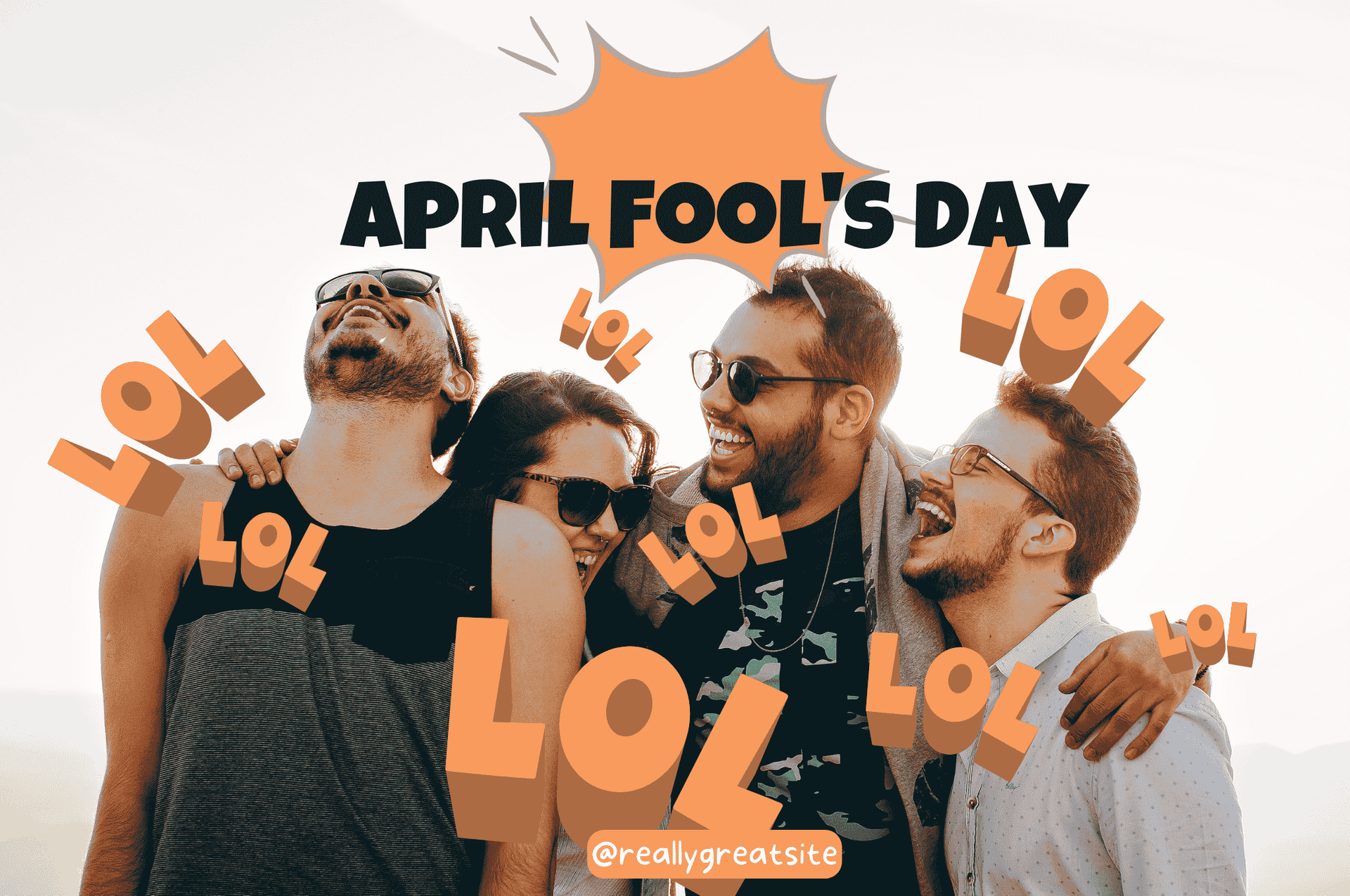
As we all know, April Fools' Day is on April 1st, but there are some interesting facts that many people may not know about this famous day of pranks.
Although it's not an official holiday, April Fools' Day is still widely celebrated in many countries due to its high entertainment value and is considered a fun tradition. On this day, people often spread harmless lies and pranks to bring joy and create unforgettable memories.
In both Vietnam and Canada, April Fools' Day is no stranger to most, but there are still many interesting facts about the day that many of us may not be aware of.
The origin of April Fools' Day remains a mystery
Although it is widely celebrated around the world, the exact origin of April Fools' Day remains a mystery. France is considered the birthplace of this day.
According to a popular theory, the French originally celebrated the start of spring and the new year between March 25 and April 1. In 1582, Emperor Charles IX ordered the change of the new year's date to January 1st.
At that time, communication was still underdeveloped, and people primarily passed on information by walking. Therefore, not everyone was aware of this change. Some people, even though they knew about the change, refused to accept the new calendar and continued to celebrate the new year on April 1st.
This annoyed the reformists, and the term "fool" was coined for those who continued celebrating the new year on April 1st. The day came to be seen as a symbol of misinformation. Some cheeky individuals jokingly called April 1st "Lying Day," and from there, the term "April Fools' Day" was born.
Meanwhile, the term "Poisson d’avril" (April Fish) has a different origin. Poet d’Amerval was the first to use this term, as April is the month of the Pisces zodiac sign, symbolized by two fish intertwined.
King Charles IX of French (Photo: Famous People)
Over time, the tradition of pranking on April 1st spread from France to England and Scotland in the 18th century. The English and the French then brought the custom to their colonies in North America. From there, April Fools' Day became an international tradition, adopted by many countries.
Though April Fools' Day is all about fun and laughter, its celebration varies slightly in different countries.
In Scotland, the day used to be called "Hunt the Gowk," where "gowk" referred both to a cuckoo bird and a fool. The traditional prank involved asking someone to deliver a sealed message that read: "Dinna caw, dinna grin. Go hunt the gowk somewhere else." The recipient of the message had to pass it along to the next victim.
The prank of "kick me" is believed to have originated from Scotland's April Fools' tradition, where people would sneakily stick a paper fish on the back of their "victim."
In some countries, you can only lie until noon on April 1st
On April Fools' Day, everyone is free to tell lies and play pranks. However, not every moment of the day is forgiving for a lie.
In countries like the U.S., France, and Ireland, people can lie all day long, but in countries like the UK, Canada, New Zealand, and Australia, pranks are only acceptable until noon on April 1st. In these countries, if you continue to lie after noon, it will be considered impolite, and the person you pranked may get angry and refuse to talk to you.
As such, April Fools' Day has become a part of Canada's culture, with light-hearted pranks and a distinct time rule. Have you ever played a prank on anyone on this day? Share your story with PathCAN!